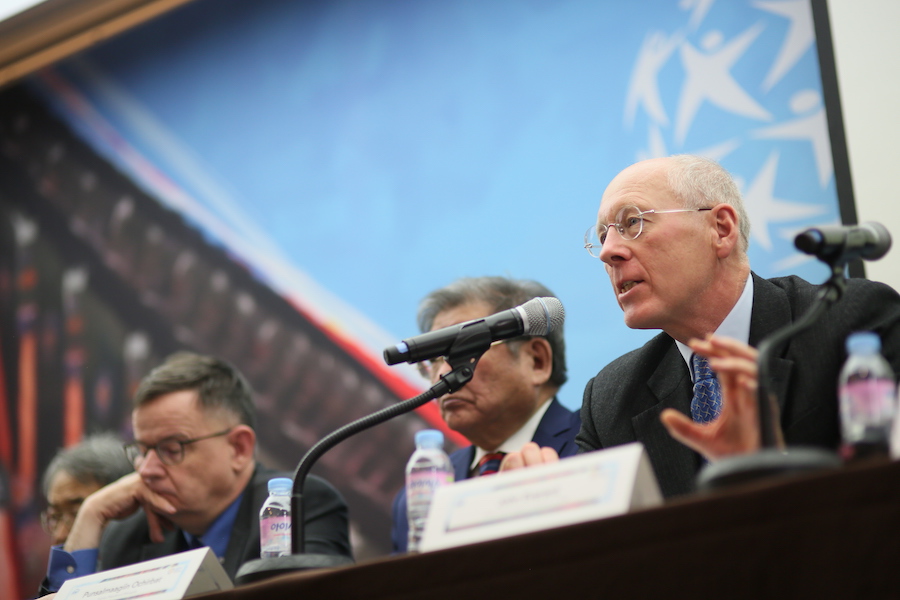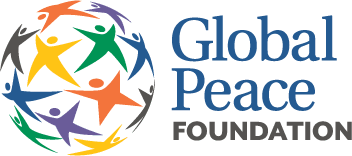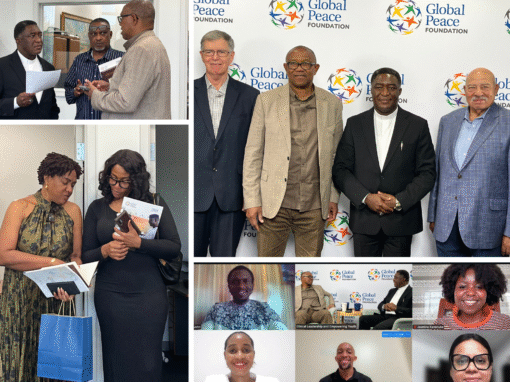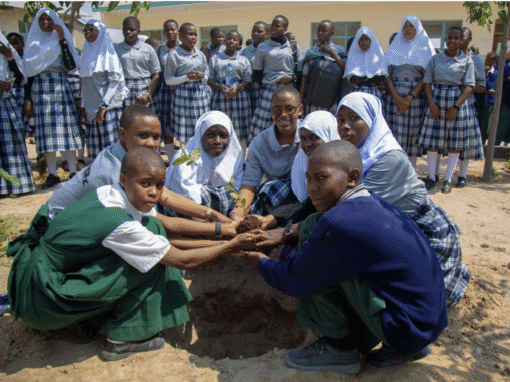
John Everard, former British ambassador to North Korea, discusses some of the daunting challenges of reunification as part of an international panel of experts from China, Russia, Mongolia, South Korea, Japan, United States, and Uganda.
Policy makers and Korea scholars urge greater civil society engagement, respect for a Korean-led process, and emphasis on the character of a reunified Korean nation.
February 28, SEOUL—As global attention focused on the second Trump-Kim talks in Hanoi, another more comprehensive and forward-looking summit on peaceful reunification convened in Seoul, marking the 100th anniversary of the March 1 Independence Movement, revered by Koreans as an expression of their shared aspirations to be free and united.
In a show of extraordinary urgency and breadth, Korea experts, clerics, elected officials and civil society leaders from 46 nations appealed for peaceful reunification as the highest global priority during the 2019 Global Peace Convention, “Korean Dream: Vision for a Unified Korea.”
“The whole world is paying attention to Hanoi,” said Jong Kul Lee, five-term member of Korea’s National Assembly. “South Korea is not present there, but we are celebrating an extraordinary moment here: the Centennial of the March 1 Independence Movement. But we are not just remembering, we are taking a leap forward to make a new map for the future.”
The three-day conference explored comprehensive reunification efforts among youth and women’s organizations in Korea and abroad. Sessions on “Transforming Education” advanced significant approaches to ensuring youth will attain the character competencies and skills needed to compete in the twenty-first century workforce. An “International Forum on One Korea” included the diverse voices of Korea experts from China, Russia, Japan, Mongolia, India, Great Britain, and the United States.
“Peaceful reunification is paramount to Korea, its neighbors, and the world,” said former Chinese Ambassador to the United Nations Guo Fang Shen. “The responsibility rests primarily between the two Koreas, and they must do more to foster trust and cooperation.”
Additional sessions on “Values-based Peacebuilding” emphasized religious freedom as a fundamental human right and presented a sobering, in-depth accounting of the human rights abuses and violent suppression of religious freedom in North Korea.
Realistic assessments of the conflicting interests, alliances, enormous costs, and divergent worldviews of the two Koreas contrasted with other more hopeful perspectives emphasizing the 5,000-year shared history and heritage of the Korean people, the historic opportunity presented by direct talks between the North Korean leader and the U.S. and South Korean presidents, and aspirations of a unified homeland shared by all Koreans.
Passionate voices of support for the dream of a unified Korea rang throughout the convening. “Africa supports this dream and promises to become a full partner,” declared Wilson Mukasa, representing Uganda’s President Yoweri Musevini. “Who loses if North and South Korea unite? No one. Who gains? The Korean people gain. The whole world gains.”
Former Guatemalan President Vinicio Cerezo reflected on the limitations of politics and of the responsibility of the private sector to influence society in a positive direction. “It is inspiring to see the leadership of civil society in Korea assembled in this historical moment in the quest for peaceful unification,” Cerezo said. “It is my honor to stand together with you, and on behalf of the Latin American Presidential Mission, to offer our hand of partnership and support.”
In his keynote address, Global Peace Foundation Chairman Hyun Jin Preston Moon said that “the philosophical ideal of Hongik Ingan [“to live for the greater benefit of humanity”] has always been a guiding principle throughout Korea’s tumultuous history in periods of crisis and national renewal. Representing our historic, cultural DNA, it allowed Koreans of every generation to connect to our heritage and define our future legacy.”
Moon said the March 1 independence leaders wanted more than just freedom from Japanese colonial rule but believed it was their destiny to create an ideal nation that would be an example to the world.
“They recognized that with the well-being of all humanity at stake, the establishment of Korean independence is a grave issue that transcends mere animosity of two nations.”
The author of Korean Dream: Vision for a Unified Korea (2014), Moon emphasized that the animating ethos of Hongik Ingan could play a profound role in guiding the process and defining the character of a unified Korea.
“The centennial celebrations that we will be attending tomorrow remind us of the dreams of our forefathers to create an ideal nation. This is the Korean Dream—to create an ideal nation and lead the world to peace.”
The Global Peace Convention is co-convened by the Global Peace Foundation, Action for Korea United, and One Korea Foundation in partnership with the National Unification Advisory Council of the Republic of Korea.



